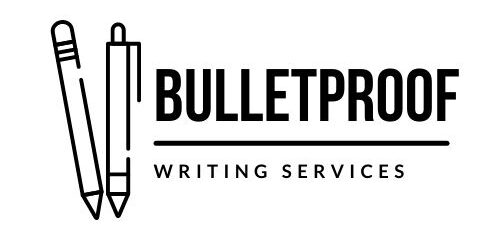Hybrid publishing has existed for decades and offers a new publication model for authors to consider. Although hybrid publishing is often confused with vanity presses or self-publishing, this model actually draws from both traditional and self-publishing. Today, we’ll discuss the pros and cons of hybrid publishing so you can determine if it’s the right choice for your manuscript.
What Is Hybrid Publishing?
A hybrid publisher functions the same way as a traditional publisher, but as with self-publishing, the author subsidizes most of the publishing expenses and doesn’t receive an advance.
Benefits of Hybrid Publishing
In this model, authors benefit from working with experienced editors, designers, and marketing professionals. But authors don’t have to build their own team as they would if they were self-publishing.
Hybrid publishing also results in higher royalties for authors compared to traditional publishing—sometimes up to 50 percent. And authors still keep some control over the final product with design and printing. The shorter publication timelines that make self-publishing so popular are also part of the draw of hybrid publishing.
Disadvantages of Hybrid Publishing
Compared to bigger, traditional publishing houses, hybrid publishers have limited resources to support their authors with sales and marketing.
As with self-publishing, authors shoulder most of editorial and production costs with this model. And because hybrid publishers vet their manuscript submissions, the publication timeline is longer than it is with self-publishing. Hybrid-published authors also receive a lower percentage of royalties compared to self-published authors.
How Is a Hybrid Publisher Different from a Vanity Press?

The big difference between a hybrid publisher and a vanity press is that vanity presses are more concerned with making money than with their authors’ success. A vanity press isn’t selective about what type of manuscripts it works with, nor is it concerned about the quality of the projects. These presses make money off the author’s payments, not necessarily book sales.
A reputable hybrid publisher, however, will only take on clients who fit with or complement their list of authors. Any new projects must have a chance of selling well before they are accepted, so hybrid publishers vet submissions. Editorial control and standards are also significant aspects that differentiate a hybrid publisher from a vanity press.
How to Vet a Hybrid Publisher
Sometimes determining whether a publisher is a vanity press or a hybrid is tricky. In 2018, the Independent Book Publishers Association created criteria to help authors navigate this situation. The IBPA updated and expanded its criteria for hybrid publishers in 2022.
If a publisher doesn’t meet these eleven criteria, chances are it’s a vanity press, not a hybrid publisher. Use the IBPA’s Supplier & Services Discovery Database or the Editorial Freelancers Association Member Directory to find a reputable hybrid publisher or publishing consultant. No matter where you find your publisher, remember to use the IBPA’s criteria for hybrid publishers. Make sure the company is honoring its editorial, design, marketing, sales, and distribution responsibilities.
Takeaways
Hybrid publishing combines elements of traditional and self-publishing to form a compelling model for authors to consider. If you want more of the benefits that go along with self-publishing, but you aren’t comfortable building your own support team of publishing professionals, then hybrid publishing may be right for you. Just remember to use the IBPA’s criteria to vet each publisher you’re interested in. If you need help getting your manuscript ready for submission, contact me! I’d love to learn more about your project and help make your writing bulletproof!
